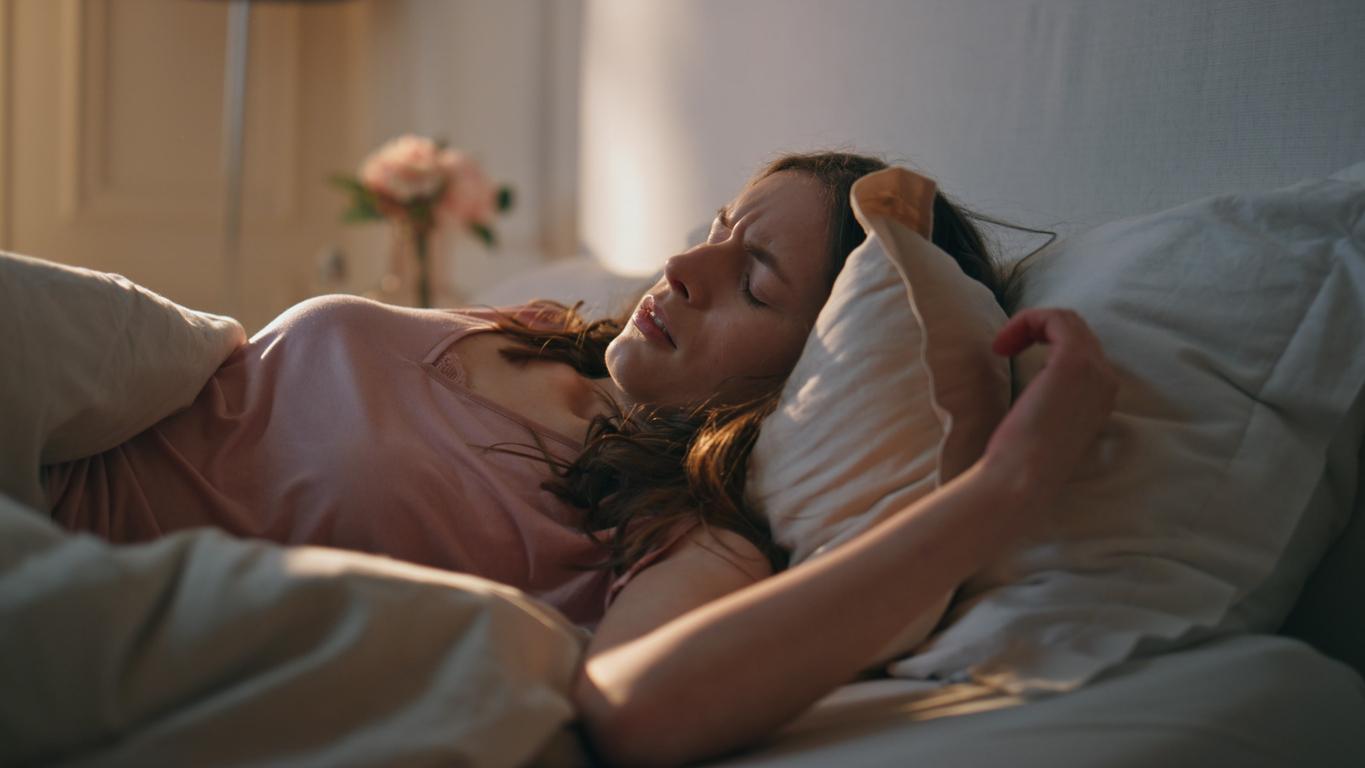A study has suggested that people who go to bed and wake up late are more at risk of mental health problems.

- Negative mental health impacts have been observed in people who fall asleep after 1 a.m.
- People who go to bed and get up late are at greater risk of suffering from depression or anxiety disorders.
- According to researchers, the brain may function differently when we stay up late at night, which could have a negative effect on our mental state.
Personal history, socio-economic or living environment… Different factors influence our mental health. The quality of sleep is also important for our well-being. Falling asleep after one in the morning could have negative effects on our psychological state, according to a recent study conducted by Stanford University (United States).
Going to bed and getting up late could have negative repercussions on mental health
To reach this conclusion, the researchers analyzed medical data from 73,888 adults living in the United Kingdom. The participants slept an average of seven hours per night. The team then compared the time at which the volunteers preferred to sleep, called their chronotype, with the time at which they actually fell asleep.
According to the results published in the journal Psychiatry Research, People, whether morning or evening, who naturally fall asleep late have had higher rates of mental disorders, particularly depression and anxiety. “The worst case scenario is definitely people who go to bed late and get up late.”said Jamie Zeitzer, professor of psychiatry and behavioral sciences and lead author of the study. Conversely, people who go to bed early, before 1 a.m., are less likely to suffer negative mental health impacts.

The brain may work differently when you stay up late at night
Faced with these results, the researchers tried to determine the cause responsible for these differences in mental health. According to them, the duration of sleep and the regularity of sleep schedules could not explain them. They then put forward several hypotheses. Late bedtimes could induce a reduction in REM sleep, which plays a key role in regulating mood. A decrease in this sleep could be correlated with a deterioration in mental health.
Another theory that has been considered is that of “Mind After Midnight”. This hypothesis suggests that the brain functions differently when we are awake late at night. After one o’clock in the morning, we would feel more isolated and lacking social support compared to the day. This nocturnal isolation could have a negative impact on mental health.
To reduce the risk of anxiety disorders or depression, scientists have recommended going to bed before 1 a.m. To help you fall asleep, you can expose yourself to sunlight in the morning and stick to a more morning routine every day of the week.















